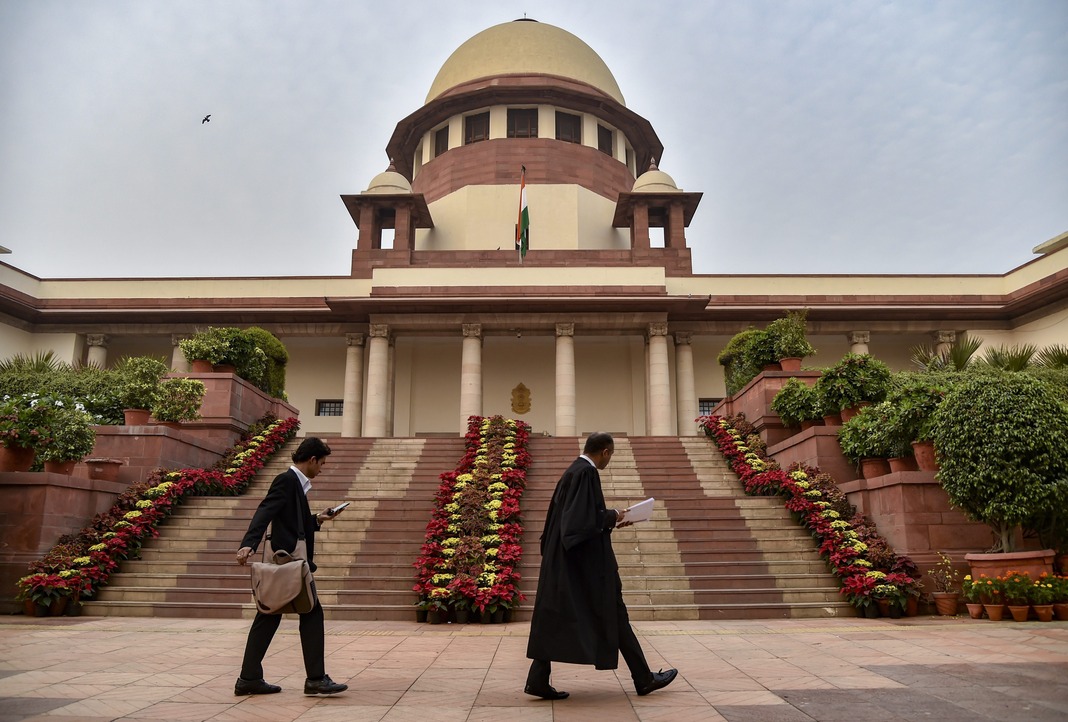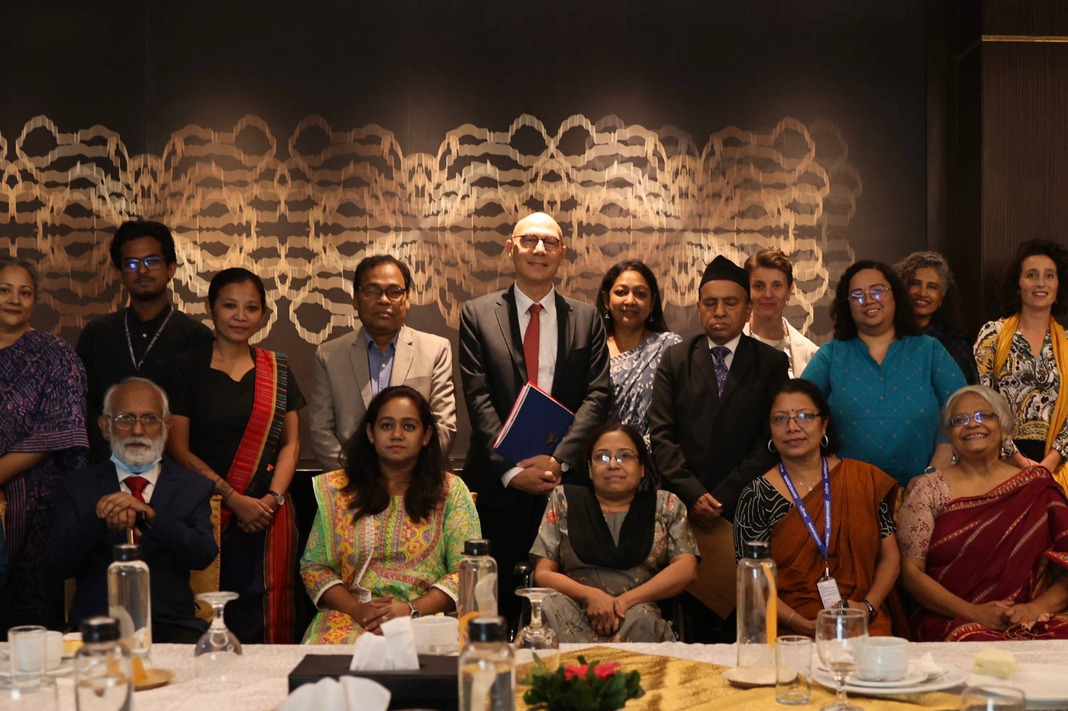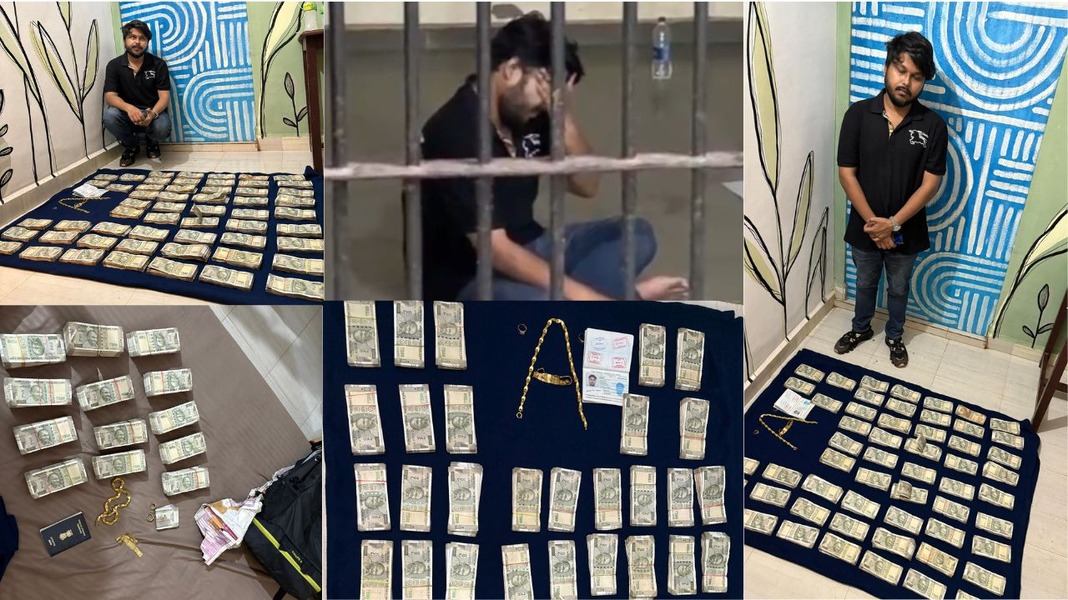Guwahati, Oct 30: Civil society organizations in Assam, inspired by the recent Supreme Court guidelines on child marriage, have renewed their commitment to eradicating the practice by 2030. Partner NGOs within the Just Rights for Children Alliance (JRCA)—including the Association for Voluntary Action, Kosi Lok Manch, and petitioner Nirmal Gorana— met in Guwahati on Tuesday to strategize the implementation of the SC directives.
The organizations emphasized that the ruling strengthens their grassroots initiatives, which include collaborating with village authorities, raising community awareness, and engaging religious leaders across faiths. Aligned with the Assam government, they aim to build a statewide movement against child marriage, reflecting a unified commitment to ending this practice.
The JRCA has adopted the “PICKET” strategy—a framework created by child rights activist Bhuwan Ribhu—which aligns with the Supreme Court’s guidelines. PICKET stands for Policy, Institution, Collaboration or Convergence, Knowledge, Ecosystem, and Technology. This comprehensive approach has successfully prevented over 120,000 child marriages across India in the past year alone.
Dhananjay Tingal, Executive Director of the Association for Voluntary Action, welcomed the SC judgment and underscored the urgent need to eliminate child marriage, calling it “essentially child rape” and committing to full support for Assam’s initiatives. Rishi Kant, Executive Director of Kosi Lok Manch, stressed the importance of accountability and awareness, adding that with focused implementation, Assam could potentially eliminate child marriage even before 2030.
The JRCA, a coalition of over 180 child protection NGOs across India, has been pivotal in advancing critical child rights rulings, including the SC order criminalizing child pornography storage and sharing. Member and petitioner Nirmal Gorana affirmed the Alliance’s dedication to enforcing the child marriage guidelines across communities.
In its landmark October 18 judgment, the Supreme Court emphasized educating children about their rights, introducing sex education, and holding local authorities—such as panchayats, school officials, and Child Marriage Protection Officers—accountable for preventing child marriages. The Court recommended a community-based model under the Prohibition of Child Marriage Act (PCMA) 2006, promoting proactive local intervention over prosecution, to eradicate child marriage from the grassroots level.
The Alliance pledged its unwavering support for the Assam government in implementing the guidelines, with Gorana promising they would leave “no stone unturned” to ensure these protections are realized at the community level.




